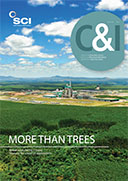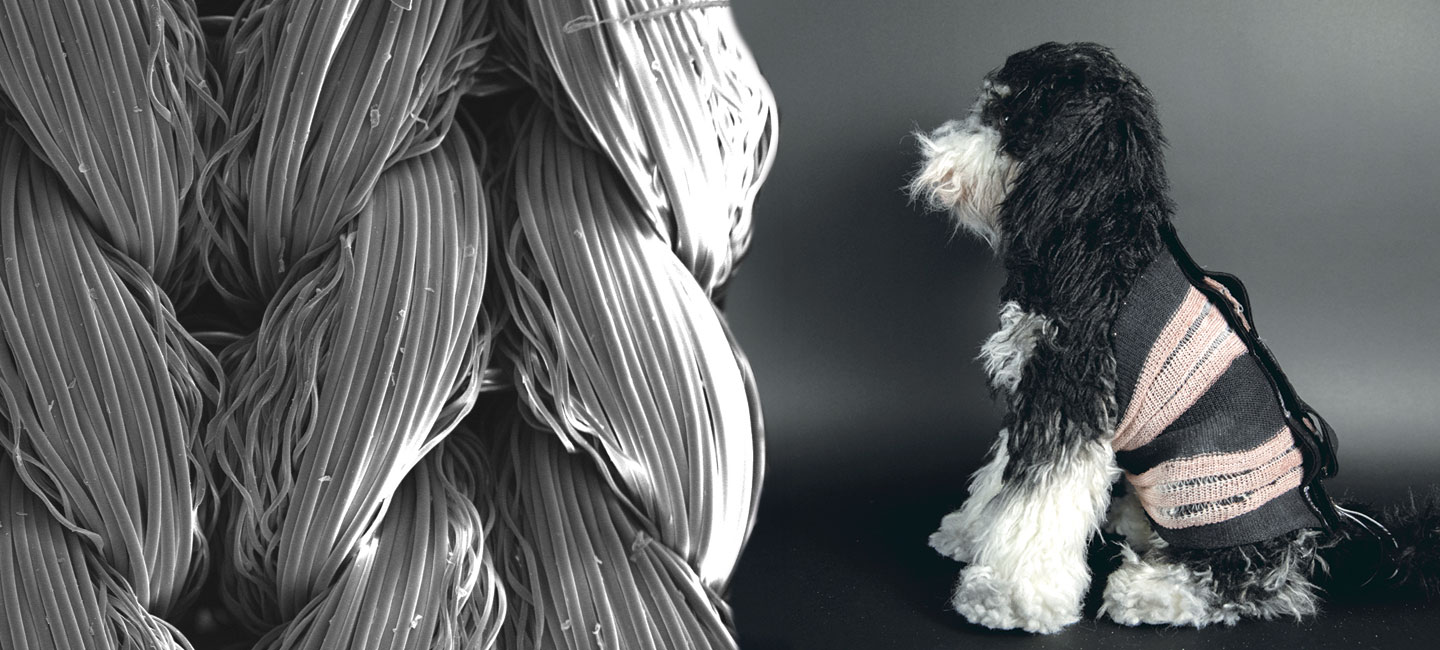This summer nine start-ups and one university research department will begin a joint venture with AkzoNobel’s speciality chemicals business. They are the ‘winners’ of Imagine Chemistry, in partnership with KPMG, which invited researchers from around the world to submit solutions to challenges linked to AkzoNobel’s business portfolio. In total Akzo received some 200 ideas, with the 20 most promising invited to a two-day finals event at the company’s Deventer site in the Netherlands.
AkzoNobel’s speciality chemicals invest €100m/year in research, development & innovation (RDI) – about 20% of the company’s sales – into its five business units. These units – surfactants; pulp performance chemicals; polymers; industrial chemicals; and ethylene oxide – employ around 750 researchers and span some 25 technology markets. The challenges called for innovative ideas in plastics recycling; wastewater-free chemical sites; cellulose-based alternatives to synthesis; bio-based surfactants and sources of ethylene oxide; highly-reactive chemistry scale-up; and sustainable alternatives to Akzo’s current technology.
‘We don’t have a corporate R&D focus where scientists do blue skies research; we do research that has an immediate relevance to our customers,’ explained Peter Nieuwenhuizen, global RD&I director of AkzoNobel’s speciality chemicals. ‘There’s a lot we can do ourselves but we can clearly benefit from fresh ideas, and more passion and energy – which is what you typically get from start-ups.’
In exchange for the best ideas, Akzo is offering a route to market. What makes Akzo’s approach to open innovation different to that of other companies, says Nieuwenhuizen, is that it will collaborate with the winners as equal partners, sharing information to ‘co-create’ new technology. ‘Any start-up that that collaborates with Akzo through this initiative doesn’t give up its intellectual property (IP) rights and any future co-creations and developments will be subject to joint IP,’ he explains.
US start-ups – Industrial Microbes, Renmatrix and Ecovia-Renewables – walked away with joint development agreements. Industrial Microbes is designing microorganisms to convert CO2 and natural gas into industrially-useful building blocks such as ethylene oxide. Their methodology promises to be less expensive and more sustainable than the current technology, which requires expensive silver catalysts. Co-founder and CSO at Industrial Microbes, Noah Helman, explains, ‘We hope to be able to work together [with Akzo] to bring a technology to market that will lower costs and greenhouse gas emissions for AkzoNobel. For Industrial Microbes, it will be proof that our technology can be effective at scale and it will help us develop our core technology.’
The Renmatix team has similar hopes. ‘The support from and interaction with an organisation of AkzoNobel’s calibre will accelerate our ability to meet our objective,’ they comment. Renmatix is using supercritical water to break up lignocellulosic biomass – ie wood and agricultural residues – into hemicellulose, cellulose and lignin, which can then be hydrolysed to cellulosic sugars. Of interest to Akzo is Renmatix’ crystalline cellulose, which has viscose-modifying properties, and soluble cellulose oligomers, which can be used to make sustainable bio-based additives. The start-up is currently working to refine its technology and develop markets for its products.
The UK’s uFraction8, which is developing a low-cost, microfluidic-based separation technology for cleaning industrial wastewater, picked up the research agreement. Given the variety of products and processes in use at Akzo, founder Brian Miller anticipates there may be several areas his technology could improve upon existing processes. For uFraction8, an early stage spinout, he says the opportunity to demonstrate the ability to negotiate and enter contracts with such a large public company is already paying dividends. ‘It has boosted our credibility and we are already engaging with other potential partners of similar scale.’
Meanwhile, Mark Mascal’s group at the University of California, received ‘chemical research support’ from AkzoNobel to test their methods. The researchers are developing a green alternative to the energy and chemical intensive wood pulping process; they process plant biomass into pure cellulose by dissolving out the cellulose under very mild conditions and then reprecipitating it. With very little lignin contamination, Mascal explains, the resulting material is nearly white so less bleaching of the final product is required. ‘AkzoNobel could benefit by co-developing the process towards commercialisation, building up an IP portfolio around our core IP, and being first to market with a novel technology’ enthuses Mascal.
The other six winners – including the Spanish start-up Cade Deinking and the Netherlands’ Filigrade, both working on plastics recycling technology – received advice and support, such as use of the Akzo’s manufacturing facilities at the Deventer for research and testing. Although AkzoNobel is in the process of selling its speciality chemicals business, this site is being undergoing a £28m development, in partnership with city and regional investment, as the ‘Deventer Open Innovation Centre’. Here, researchers from other companies and universities will soon be able to hire production lines and receive business know-how to help them take their research through to commercialisation.




